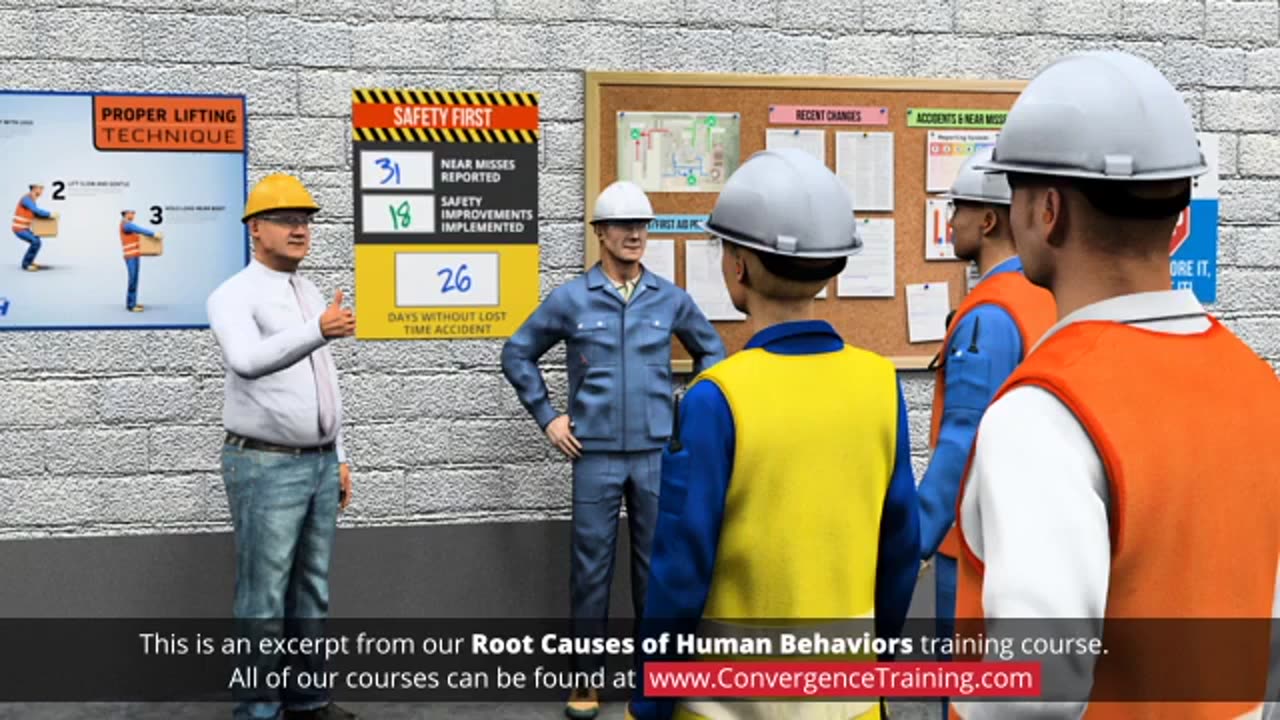Premium Only Content

Root Causes of Human Behavior
Human behavior is a complex interplay of biological, psychological, social, and environmental factors. Here are some key root causes and influences on human behavior:
---
### **1. Biological Factors**
- **Genetics:** Hereditary traits influence temperament, intelligence, and predispositions to certain behaviors or mental states.
- **Brain Structure and Chemistry:** The functioning of neurotransmitters like dopamine, serotonin, and hormones like cortisol and testosterone directly impacts behavior.
- **Evolutionary Influences:** Instincts like survival, reproduction, and group cohesion are deeply rooted in human evolution.
- **Physical Health:** Illness, nutrition, and the body's condition can alter behavior, such as fatigue leading to irritability.
---
### **2. Psychological Factors**
- **Cognitive Processes:** Perception, memory, decision-making, and problem-solving shape how people interact with the world.
- **Emotions:** Feelings like fear, joy, anger, or sadness motivate behaviors and responses.
- **Personality Traits:** Patterns of thoughts, emotions, and behaviors consistent across time and situations influence actions (e.g., introversion vs. extroversion).
- **Unconscious Drives:** As Freud suggested, unconscious desires and conflicts (like the id, ego, and superego dynamics) can affect behavior.
---
### **3. Environmental and Social Factors**
- **Family and Upbringing:** Early life experiences, attachment patterns, and parenting styles shape behavior and coping mechanisms.
- **Cultural Norms and Values:** Culture dictates what is acceptable, shaping moral behavior and customs.
- **Social Influences:** Peer pressure, authority figures, and group dynamics can strongly impact choices.
- **Socioeconomic Factors:** Wealth, education, and access to resources influence opportunities and stress levels.
- **Media and Technology:** Exposure to digital platforms can influence attitudes, beliefs, and habits.
---
### **4. Learning and Experiences**
- **Conditioning:** Behavioral conditioning (Pavlov’s classical conditioning, Skinner’s operant conditioning) teaches associations between actions and outcomes.
- **Trauma and Stress:** Adverse experiences can lead to maladaptive behaviors or resilience, depending on coping strategies.
- **Role Models:** Observational learning from parents, teachers, or peers shapes behavior through imitation.
---
### **5. Philosophical and Existential Influences**
- **Free Will vs. Determinism:** Some behavior arises from intentional choices, while other actions might be constrained by circumstances or biology.
- **Search for Meaning:** Existential factors like purpose, morality, and existential crises influence decision-making.
---
### **6. Situational Factors**
- **Immediate Context:** Behavior often adapts to the situation, such as conforming to group norms or reacting to emergencies.
- **Stressors:** High stress can provoke impulsive or defensive behaviors.
- **Opportunities and Rewards:** Incentives or perceived consequences shape decisions.
---
### **7. Spiritual and Ethical Beliefs**
- Religious or ethical systems often provide a moral framework that governs decision-making and self-discipline.
---
Understanding behavior often requires looking at the interaction of these factors rather than isolating them. For instance, someone’s response to stress might be influenced by their biology (hormonal responses), past experiences (trauma), social support (family), and immediate environment (workplace stressors).
-
 13:00
13:00
Dermatologist Dr. Dustin Portela
12 hours ago $2.46 earnedAnother Insurance Company Harming Patients - Doctor Explains
16K3 -
 52:32
52:32
Survive History
18 hours ago $3.04 earnedCould You Survive in King George's Redcoats During the Jacobite Rising?
21.2K3 -
 17:53
17:53
Fit'n Fire
17 hours ago $1.10 earnedA Rifle for the Family -- BCM MK2 BFH and Gunnr Optics Odin 1-10x28mm LPVO
13.9K2 -
 1:03:52
1:03:52
GrassRootsWarriorNetwork
1 month agoWe The People Are The News Now While MSM Is On It’s Way Out - YourNews.com with Sam Anthony
10.2K -
 21:12
21:12
DeVory Darkins
12 hours ago $15.59 earnedGavin Newsom gets what he deserves after NBC Reporter FACT CHECKS his Lies
47.9K50 -
 1:57:13
1:57:13
MyronGainesX
12 hours agoFormer Fed Explains Sting That Led To The Murder Of A State Trooper
74.7K20 -
 3:56:27
3:56:27
Due Dissidence
19 hours agoNewsom ROASTED For Pod Save Interview, Candace Owens CALLS OUT Elon, Ian Carroll RATIOES Israel Post
76.5K52 -
 2:16:17
2:16:17
TheSaltyCracker
11 hours agoLooters Descend on LA ReeEEeE Stream 01-12-25
143K308 -
 40:32
40:32
Man in America
15 hours agoRockefeller Medicine COLLAPSES as God's Natural Healing Takes Over w/ Angie Tomky
54.3K33 -
 2:03:30
2:03:30
Nerdrotic
12 hours ago $6.91 earnedMysteries of Egypt with The Brothers of the Serpent | Forbidden Frontier #087
52.7K3